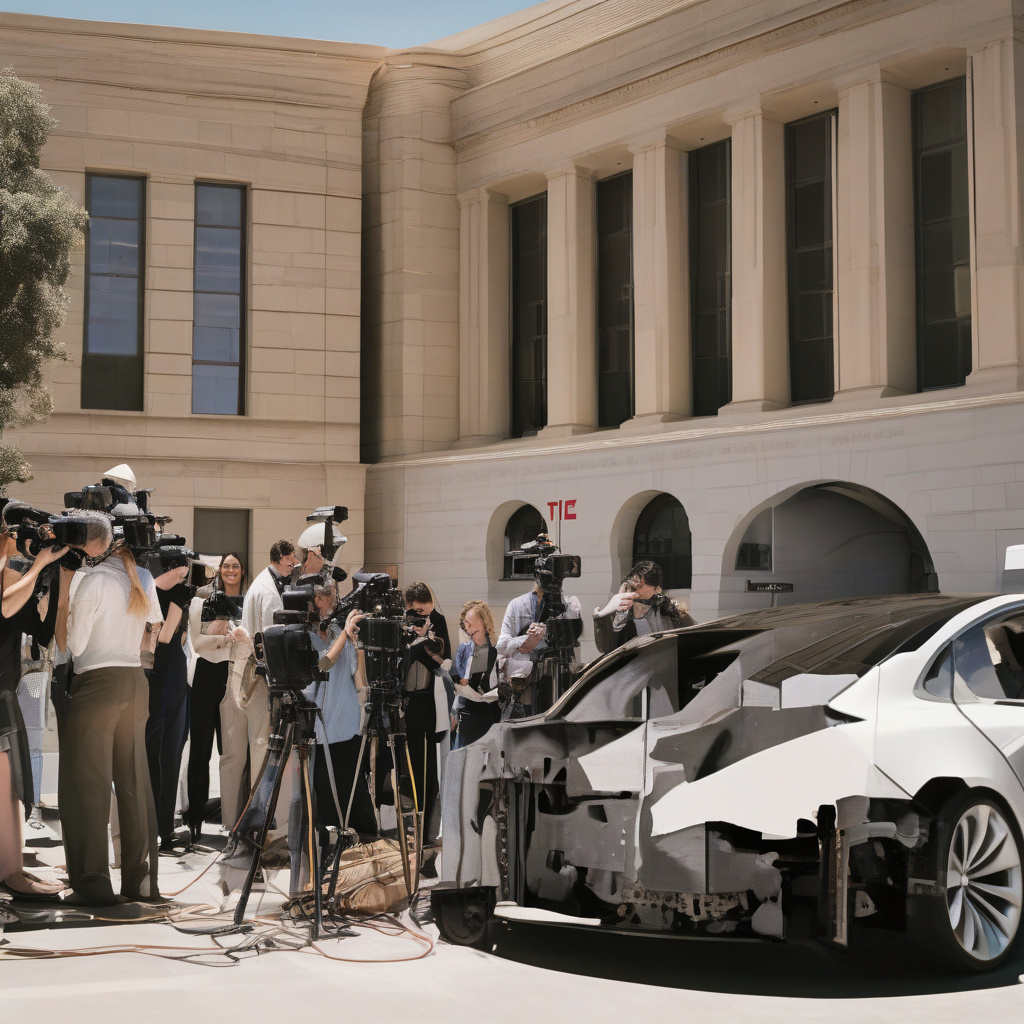Title: Unpacking the Legal Challenges Faced by Tesla in Australia
In March, the Federal Court of Australia took a notable step by listing a class action against Tesla Motors Australia and its US parent company. This legal action stems from thousands of complaints regarding issues related to Tesla vehicles, including sudden unintended acceleration, battery fires, and defective autopilot features. The lawsuit alleges that Tesla failed to address these concerns adequately, leading to potential safety risks for consumers.
One key issue that has surfaced in this legal battle is the claim that Tesla’s vehicles have experienced instances of sudden unintended acceleration. This frightening phenomenon, reported by numerous Tesla owners, involves cars accelerating on their own accord without any input from the driver. Such incidents raise serious safety concerns and have prompted regulatory bodies to investigate further.
Moreover, battery fires have been a recurring problem with some Tesla models, adding fuel to the legal challenges the company faces. Instances of batteries catching fire, whether during charging or while in operation, have raised questions about the safety protocols and quality control measures implemented by Tesla. These incidents not only pose risks to drivers but also impact the overall reputation of the brand.
Another contentious issue highlighted in the legal action is the functionality of Tesla’s autopilot features. While marketed as advanced driver-assist systems, these technologies have faced criticism for their reliability and safety. Accidents involving Tesla vehicles on autopilot mode have sparked debates about the adequacy of the company’s testing procedures and the level of autonomy these systems can truly provide.
The implications of these legal challenges extend beyond Tesla’s reputation; they also have broader ramifications for the automotive industry as a whole. As electric vehicles become more prevalent on the roads, ensuring their safety and reliability is paramount. The outcome of this legal action against Tesla could set a precedent for how automakers address issues related to vehicle performance, technology, and consumer safety.
In conclusion, the legal action facing Tesla in Australia underscores the importance of transparency, accountability, and consumer protection in the automotive sector. As technology continues to drive innovation in the industry, balancing progress with safety remains a critical priority. By addressing the concerns raised in this class action suit, Tesla has an opportunity to not only rectify past grievances but also set higher standards for the future of electric vehicles.

